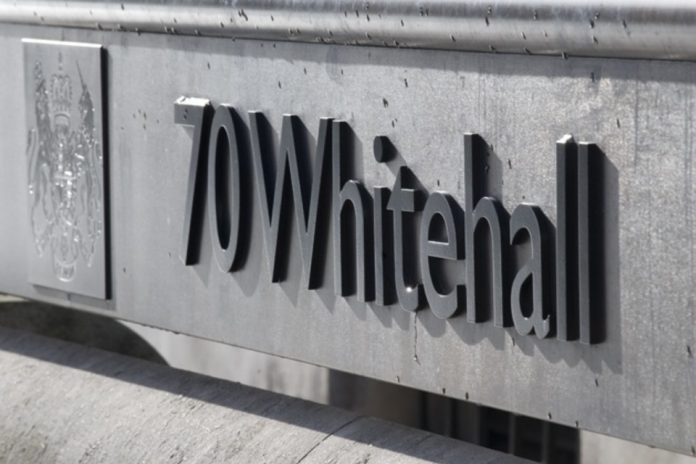- Updated guidance provides further detail for businesses and passengers on how the GB-EU border will operate after the end of the transition period.
- Hauliers will need a Kent Access Permit to proceed to the border.
- Confirms EU, EEA and Swiss national ID cards will not be acceptable for travel to the UK, including for drivers, from October 2021.
The updated guidance follows extensive engagement with the border industry and the £705m package of investment for border infrastructure, jobs and technology, announced earlier this year.
This publication gives traders further information on the changes and opportunities they need to prepare for as a result of us leaving the EU Single Market and Customs Union. These steps will be needed regardless of whether we reach a trade agreement with the EU.
The updated GB-EU Border Operating Model:
- Maps out the intended locations of inland border infrastructure. The sites will provide the necessary additional capacity to carry out checks on freight.
- Announces that passports will be required for entry into the UK from October 2021 as the Government phases out the use of EU, EEA and Swiss national identity cards as a valid travel document for entry to the UK. Identity cards are among the least secure documents seen at the border and ending their use will strengthen our security as the UK takes back control of its borders at the end of the transition period.
- Confirms, after extensive engagement with industry, that a Kent Access Permit will be mandatory for HGVs using the short strait channel crossings in Kent. The easy-to-use ‘Check an HGV’ service will allow hauliers to check if they have the correct customs documentation and obtain a Kent Access Permit.
In a further move to support the customs intermediaries sector, the Government is also announcing that it will exercise an exemption within EU state aid rules to increase the amount of support that businesses can access from the Customs Grant Scheme. To date, the Government has provided more than £80m in funding to support the customs intermediary sector with training, new IT and recruitment.
Chancellor of the Duchy of Lancaster, Michael Gove, said:
Our updated Border Operating Model provides further detail on how the GB-EU border will work after the transition period ends on 31 December and the actions that traders, hauliers and passengers must take.
With fewer than 3 months to go, businesses need to prepare now for new procedures whether or not we reach a trade agreement with the EU, so that they can seize the significant opportunities that lie ahead.
Home Secretary, Priti Patel, said:
When the transition period ends, we will have control of our borders and will deliver our new firmer and fairer points based immigration system.
Our firm and fair approach will treat people from every part of the world equally.
Phasing out the use of identity cards at the border, which are some of the least secure documents, is an important step in making our border safer.
RHA chief executive, Richard Burnett, said:
It’s vital that hauliers and traders do everything they can now to prepare for our new trading relationship with the EU.
Firms moving goods across borders will have to undertake customs processes whether there’s a deal or no deal.
The message is clear – if the paperwork’s not right, the goods won’t cross.
Logistics UK Policy Director, Elizabeth de Jong, said:
This clarity on trading arrangements from 1 January 2021 is welcomed by logistics businesses and it is now vital that all businesses trading with the EU use this guidance to make sure their staff and systems are fully prepared.
Logistics UK and its members stand ready to help keep Britain trading.







